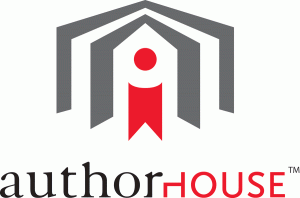
AuthorHouse is not a good choice. AuthorHouse makes most its money from its authors, not from sales to readers—which are very few, at least in my case (3 books). It makes money off the author during the publishing process and makes most the profit when a book is sold. And most of the books sold are those sold to the author, not to the buying public. I have a paperback novel with AuthorHouse that sells for $20. I earn about a dollar per book.
Part of the problem is that AuthorHouse makes so much money from production that the books are priced beyond what customers will pay for them, such as $20 for a paperback. If the author wishes to sell the book for less than the recommended price, he makes little or nothing. The result is the books don’t sell. But AuthorHouse doesn’t care because, as I said, it makes its money from the author: from high production profits, books sold to the author, and lots of other expensive options and services. Also, AuthorHouse keeps the rights to the final PDF format of the book and the cover art—even though in my case I selected the designs for my books. Thus if you want to go to a different publisher, you have to start the entire process all over again.
I published three books with AuthorHouse for over $10,000 (much more if the costs of the books I bought is included) and have earned about a $100–that right one hundred dollars. It’s not unusual to receive a royalty check for just a few dollars—even less than two dollars—for a book you devoted a couple years to writing.
I replied:
AuthorHouse makes most its money from its authors, not from sales to readers.” This is true of all subsidy publishers, not just AuthorHouse – Lulu, iUniverse, whatever. They make their money in printing, and so the books are very expensive. That’s the main problem with subsidy publishers, so you can’t blame AuthorHouse for this – nor can you blame them for your book not selling…It sounds as if you have a problem with how your book was marketed, which isn’t AuthorHouse’s problem. They’re not your publisher, they’re your printer. It’s up to you, mostly, to handle the marketing of your book, unless you outsource PR. But even then, it’s hard to sell self-published books, no matter how good book might be. But don’t confuse that with the deficiency of who’s producing the book.
A better way to save on printing costs is to go with Lightning Source – but then you’ll be responsible for book design and editing, which can be more than an AuthorHouse package. I don’t think AuthorHouse is something to avoid if you want an easier self-publishing package. But nowhere would I ever make the claim that any subsidy publisher is a guaranteed way to sell books. That’s just not how they work.
Perhaps too callous, but the point remains – self-publishing services have gotten a bad rap because writers have confused the service with a publisher. Granted, if you visit AuthorHouse’s site, it says on the front page:
Is the word “SUCCESS” misleading? Or is it up to the writer to understand just what can be achieved by using a service like AuthorHouse? A little of both.
In an email, the author (who wishes to remain anonymous) responded:
Generally, I had been pretty satisfied with AuthorHouse, but there were some problems. I once added an epigram of about four lines and when I looked at the new galley it had four or five errors, which could have been avoided had the person just copied and paste what I sent. I even offered to make changes directly to the PDF manuscript and pay for them because I believed I was more careful than the people entering the changes.
One book had about three hundred footnotes. This turned out to be a disaster. There were hundreds of errors that resulted from the changeover from MS Word to whatever program AuthorHouse uses. I took a week off from work to do the corrections. I worked 8 to 10 hours each day. Still, the process took me two weeks to complete. As you know the corrections have to be written out and then are entered an employee. Thus, new errors were often created. I went just about nuts. AuthorHouse didn’t charge me, but the frustration of getting it right at my end and so much going wrong at their end was almost too much.
I believe there are many talented and serious people doing the work of design and editing at AuthorHouse, but there are others who seem to know very little about grammar and punctuation. For example, in making a change they might not only fail to follow my correction but then write something ungrammatical or misspelled in its place. What I had always desired was a team that I would always be working with during the publishing process, but it seemed that any number of people would be working on the manuscript. Working with the same people during the publishing process and for later books would have been helpful and reassuring. It’s the difference between the team method of building cars versus the long assembly-line approach that involves a hundred different workers, all of whom the car encounters only once.
Usually, when I published a book with AuthorHouse I paid for a package that cost me about $3000. I did not pay to have the book advertised in the N.Y. Times, that was way beyond my budget. I did pay for extensive press releases and all the online options. I paid for the bookstore return policy, which I believed was about $600. In other words, enough options to give the books a fair chance, but I could never go much over $3000. Some of this I paid for with a credit card, which I assume many authors do, so I had to be reasonable. It is possible to spend $10,000 on a book, and in one case I did spend for advertisements in three publications, but very little came of that and I decided to never repeat that mistake.
What disturbed me is how much AuthorHouse charges for printing each book and how much it receives on sales. I earn a dollar or less on each of my books. I kept my profit to a minimum to help sell the book, yet one of my books (novels) sells for $20 and the other for $24. I only earn about a dollar on each. But you can see that very few people are going to pay that much money for a paperback novel. I thought at the time that the high prices of the books could not be avoided.
In addition, AuthorHouse bombards me with advertising to buy my own book, which makes me think that they are mostly interested in selling my books to me. I doubt I’ve made $100 total from my three books over the past 3 or 4 years. Even if the books were poorly written, one would think I would have sold more than a couple dozen books.
I never wrote my books with the intention of making a lot of money but with the intention of getting my books read. Still, if the books don’t sell, they don’t get read.
Perhaps what is happening now is that self-publishing authors are beginning to have more publishers to choose from. That’s great, though too late to help me. I’m retired now and live on about $20,000 a year. Fortunately my wife works, but together we make enough to pay the mortgage and other bills. I can’t afford to throw away $3000 to publish another book that will never sell. I may give it one more try, but it will take awhile. Also, that is why I want to remain anonymous. At this point AuthorHouse could give me back my books, but I couldn’t afford to do anything with them. At least they have some life with AuthorHouse.
I’m not so much angry with AuthorHouse as deeply disappointed. The people I worked with are good people. I often think of them as being about college age. But I am very skeptical about the organization itself and the people who run it. It seems to have a cynical Big Brother quality to it—that its mission is not really to sell books but simply to print them (I believe you said that) and to make as much money as possible off the author. Mr. Levine seems to think that there are self-publishing publishers who do care about the author, about the quality of the product, and about selling books to the reading public. And I think it’s important that authors like myself (who invest all their extra income and thousands of hours into getting a books published) know about these publishers so they can make the best choice possible for themselves.
By the way, after trying to get my first book published with a conventional publisher, I gave up on doing that for the other books. An author can lose a year going the route of finding an agent and getting a publisher. It’s not worth it if you’re working fulltime and trying to write books. That’s the beauty of self-publishing, that and being able to revise after the book is published, which I have done with all my books.
I’ve already talked too much. Thanks again for your time and interest.
Again, I don’t want to seem callous, but a lot of the above is avoidable. It’s also evidence of how self-publishing services could be blamed for problems in very much the same way that writers themselves are blamed for the quality of self-published books. An example: “I once added an epigram of about four lines and when I looked at the new galley it had four or five errors, which could have been avoided had the person just copied and paste what I sent.” This could just as easily happen when dealing with someone at a traditional publisher. AuthorHouse may very well have dropped the ball on this book, but problems like this aren’t unique to self-publishing. The difference (and it’s significant) is that AuthorHouse is being paid for their services, so obviously they should do the job well. But in every creative pursuit, things often take longer than anticipated, even if you’re handling every detail yourself.
I sound like an apologist for AuthorHouse. I just want to caution against calling something a scam when it has some functional flaws. Personally, I see it as a miracle when something is done correctly the first time, on deadline. That said, subsidy publishers certainly need to improve their customer support and services. Lulu’s CEO’s quote, “We have easily published the largest collection of bad poetry in the history of mankind,” demonstrates how subsidy publishers see writers as dollar signs and not as talent. This has to change. But it’s not necessarily evidence that subsidy publishers are fundamentally unsound.
Additionally, the problem with the cost of books bears repeating. This is one of the major problems with print on demand. Not only are books being put out by untested writers, they’re more expensive. Put those two things together and it’s unsurprising if people have a hard time selling books. Again, this isn’t the problem with AuthorHouse, it’s the problem with print on demand technology. While you could just go directly to Lightning Source, which has a much lower cost per book than subsidy services, you’re also going to have to pour money into book cover design and editing, which cost more in the long run. It’s up to the writer to weigh these issues.
It’s a shame that people have lost money with subsidy publishers, thinking they were going to be a lot more successful than the end result. But the scenario is not much different than any type of investment. Investors need to check the risks and rewards before putting down any money, and if the investment doesn’t pay off, it’s not necessarily the fault of the investment. The emailer does admit that he did not do enough research. He says, “To be honest, I never thought there was a problem with AuthorHouse until I read The Fine Print of Self-Publishing by Mark Levine…After reading Mr. Levine’s book, I felt taken.” If he had done that research before signing up with the service, these problems could have been avoided.
Self-published books are expensive and difficult to market, that’s a plain fact across the board for all subsidy publishers. But this doesn’t make them all scam outfits like Publish America, which set the standard for making misleading claims – stating they were not a POD publisher and books would be distributed to brick and mortar stores, among other things. AuthorHouse does walk a fine line by putting the words “SUCCESS” in bold print on their site, but until they say, “You WILL sell 10,000 books” in their marketing material, it’s sort of a gray area, and much of the research into what can be gained by self-publishing falls on the back of the writer. That’s why they call it self-publishing.
Get an Editorial Review | Get Amazon Sales & Reviews | Get Edited | Get Beta Readers | Enter the SPR Book Awards | Other Marketing Services





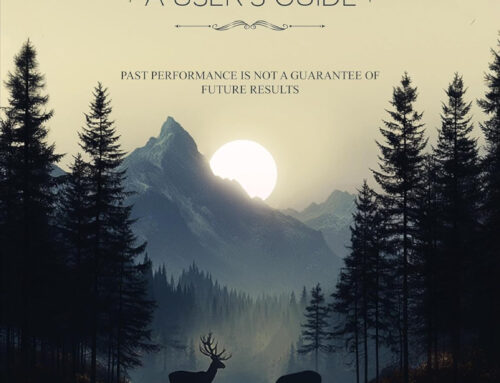
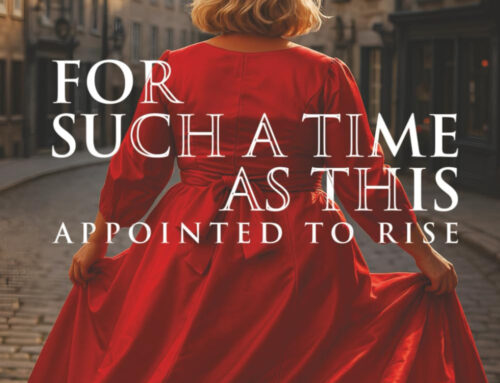


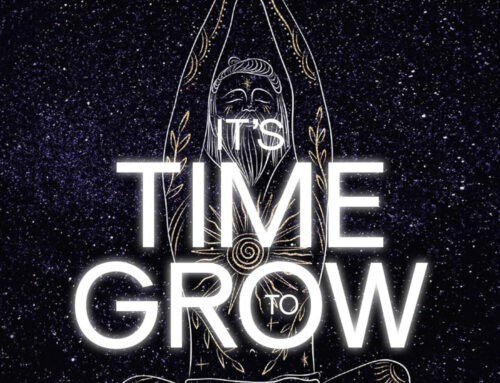



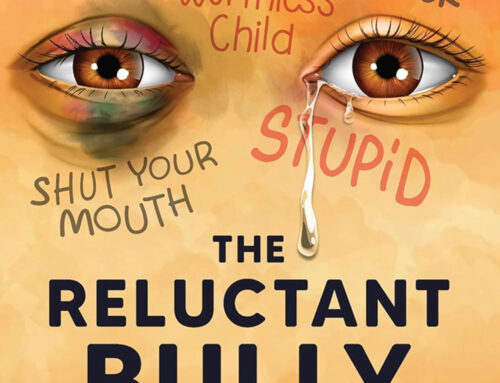
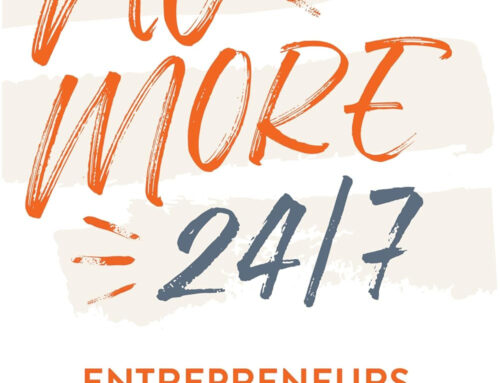
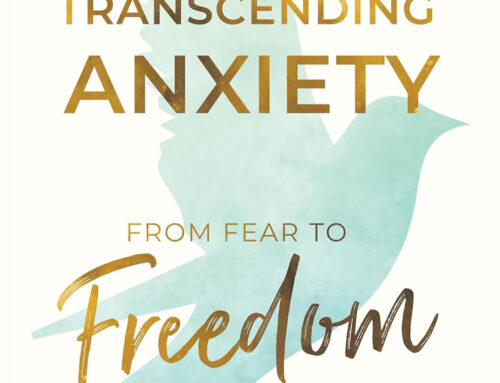


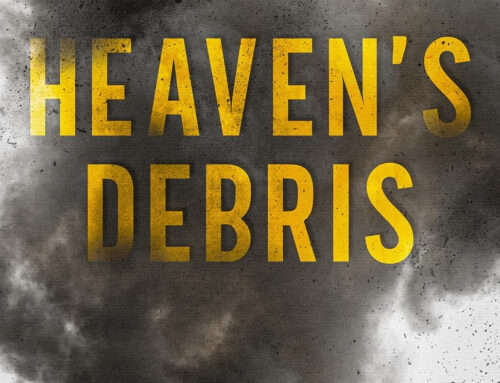




Lulu and Create Space will publish your book for nothing or next to nothing. Why spend all that money? I’d put that 3,000 into a professional edit of the book and offer it on Amazon through its service or even as an ebook.
You’re right about that: $3000 is way too much to pay for a subsidy publisher like AuthorHouse. An editor and good book designer should cost around $1000-$1200, so there are much better ways to self-publish. AuthorHouse’s low-level plans of around $600 make more sense if you want an easier package. Unless you’re getting a lot of press, the bookstore return package is not going to net you much if the book can’t get into stores. Press releases are a good idea, but shouldn’t cost more than $350. Ads don’t do much unless they’re very well-targeted. In short, there are ways to save money and achieve the same result.
It is to help prevent this sort of situations that I wrote the series of articles on the questions to ask when thinking of self-publishing, and it’s part of the reason why I’m teaching a class called “Successful Self-Publishing” at Flathead Valley Community College this fall.
People thinking of self-publishing should assess their skills first and decide what they can reasonably do for themselves, then think of self-publishing as a business, because that’s what it becomes.
I don’t advocate traditional advertising, because I’m not convinced it works. The best advertising is word of mouth, someone telling friends “You gotta read this book.” That takes time to build, but it’s the most reliable.
Some books I recommend are written not specifically for self-publishers, but they are good for us as well as their more closely targeted markets. Guerrilla Marketing on the Internet, Guerrilla Publicity, and Guerrilla Marketing for Writers, all by Jay Conrad Levinson, Mitch Meyerson, and Mary Eule Scarborough. Marketing on the Internet by Jan Zimmerman. The New Rules of Marketing & PR by David Meerman Scott.
I did very well on a low budget by figuring out what I could do and what I wanted someone else to do for me, and BookSurge had the right solution for my particular situation. I’m still happy with my choice and have no regrets whatever.
PS. I just wish I could remember that this reply page has no “edit” function and when I make one change on the fly I should make the other. “This sort of situations” — indeed. Yuck.
It is really important for authors to carefully read their terms of agreement with POD services. It is very true also that PODs are only printers. They are not publishers. When an author self-publishes a book, the author becomes the publisher and is the one responsible for the marketing aspects of publishing.
I once published a book at Lulu and I did not pay a dime for my book to be prepared. I also did not buy my own book as suggested by Lulu. What I did was to promote the book through online press releases, blogs, online classified ads, and social networking site. Carol is also correct that word of mouth is a powerful marketing strategy.
I just had about 70 coniption fits while reading this post.
$10,000 (!!!!!!!!!!) out of pocket???????????
Maybe I’m naturally cheap. Maybe I’ve been beat over the head too hard with New England Do It Yourself-ism. But I can’t fathom paying $10,000 out of my own pocket – or $3000 for that matter – to publish any number of my books. Hell, I complained for a week when I had to buy a second proof of my book from CreateSpace to correct a glaring typo I’d overlooked in the first one…and that cost me less than $13 (including shipping.)
Like a pinhead, I forgot to include the actual point I wanted to make. I was too busy pounding out exclamation points.
My point was that it’s an author’s responsibility to educate themselves.
The bottom line remains that authors looking to use an service need to educate themselves as much as possible before self-publishing a book. Just as in any business, there will always be companies whose primary aim is to extract the most from the person paying for the service. Likewise, there are many reputable self-publishing services out there who are happy to guide an author in a frank one-on-one exchange before the author parts with a cent. The key will always be for the author to match their expectations, requirements and budget to a suitable service.
Everytime I see a post like this one I cringe. For 10,000 you could buy both the InDesign or Quark software, plus all the training and learn to layout books to your hearts content! Then you just have to find a printer. Definitely not a cost-effective way to fly. Time is money and energy. If you are going to spend the money, better to invest in yourself and walk away with a valuable self publishing skill such as cover design and page layout. It is not as hard as most people think.
The marketing always falls to the author, so you may as well do it yourself, unless you are an exceptional talent and will get picked up by a publishing house.
First things first, don’t let desire to get in print bust your budget. If you are willing to learn you can be in print for well under $500 (closer to $300 if you start from scratch).
Cheers,
Bernie Malonson
If your budget is tight (or non-existent like mine) UniBook.com released in the last week or so that they will publish your book and list it in their online bookstore for free. They used to have an obligation to purchase 5 copies but even that is gone now. From what I can tell there are no hidden costs or obligations and their prices look very reasonable. Their hard covers are cheaper than lulu’s.
I’ve actually been in contact with Michael at Unibooks over the past two months or so and he seems genuinely committed to making a service that is of benefit to self-publishing authors without many of the author solution service ‘trappings’.
Like all services which are ‘free’, makes your book listed and a physical on line product to readers – it is about the promotion an author is prepared to do themselves and what their own expectations are, and how a publishing service matches those.
I’m reading all the comments that people are saying on here, I have my whole mauscript now and was well written by a ghostwriter. He done such a wonderful job he only had 3-4 errors of spelling that was it! He is very compassionate and caring person. He told me this…For a less expensive publishing option than Authorhouse, check out http://www.iuniverse.com. And my company doesn’t do query submissions, but these guys are very good:
http://www.publishersandagents.net/com/
This is my ghostwriter’s URL http://www.ghostwords.com/
and his artist done a great job for my front cover of my book..
I thought about going to authorhouse not sure now.. I am trying to figure it out at this time.. I hope this helps!
My mother had similar experiences as many of the other complaints. Authorhouse gets paid a fairly good amount, but make lots of editing errors, are slow to respond, and worst of all, they overcharge for printing the final product and for every copy thereafter. “Scam” is probably slightly too strong a word, but they seem very overpriced and have to be carefully supervised and corrected at every step.
I am looking into LightningSource, which is owned by Ingram. I am certain that paying someone to help prepare the digital file (if one can’t figure out the fairly easy process) will be more cost effective, and the cost per printed book is far lower than with Authorhouse.